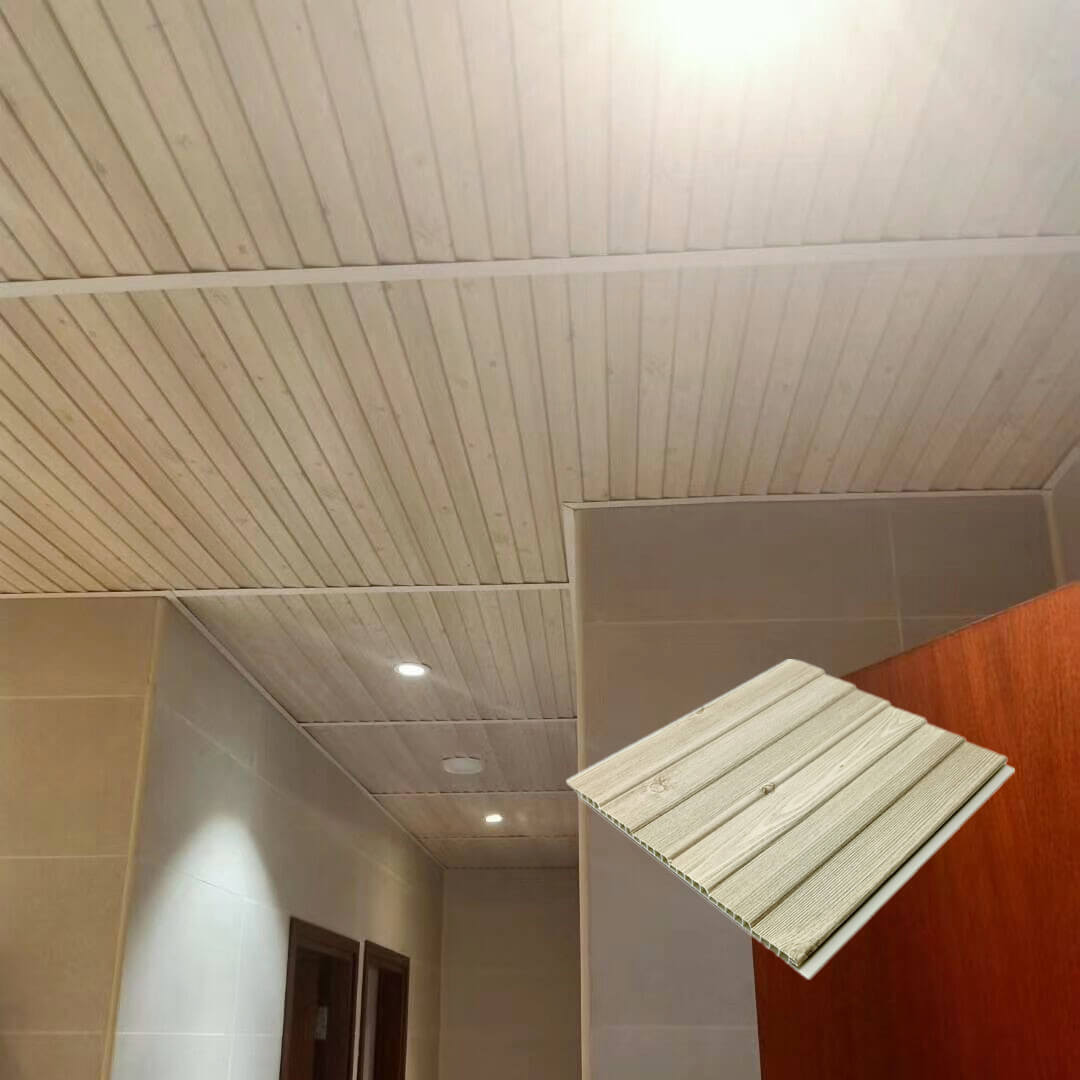When it comes to choosing materials for a shower, one common question that arises is whether PVC (Polyvinyl Chloride) is a safe option. PVC is a widely used plastic material known for its versatility and affordability. In this blog post, we will delve into the pros and cons of using PVC in showers, considering factors such as durability, health concerns, and environmental impact. By the end, you will have a comprehensive understanding of whether PVC is a suitable choice for your shower.
- Understanding PVC:
PVC is a synthetic plastic polymer made from vinyl chloride monomers. It is commonly used in various applications due to its low cost, durability, and resistance to chemicals and weathering. However, concerns have been raised about its potential health and environmental impacts. - Durability and Water Resistance:
One of the key advantages of PVC in showers is its excellent durability and water resistance. PVC is inherently waterproof, making it an ideal material for areas exposed to moisture. It is resistant to rot, mold, and mildew, ensuring a long lifespan for your shower. - Health Considerations:
While PVC is generally considered safe for use, there are some health concerns associated with it. During the manufacturing process, certain additives like phthalates and lead may be used, which can pose risks to human health. However, strict regulations and advancements in PVC production have led to the development of safer alternatives, such as phthalate-free PVC. - Environmental Impact:
PVC has faced criticism for its environmental impact. It is derived from non-renewable resources, and its production involves the release of toxic chemicals. Additionally, PVC is not easily recyclable and can release harmful substances when incinerated. However, efforts have been made to improve the sustainability of PVC, including the development of recycling programs and the use of alternative materials. - Alternatives to PVC:
For those concerned about the potential risks associated with PVC, there are alternative materials available for shower construction. These include materials like acrylic, fiberglass, and natural stone. Each option has its own advantages and disadvantages, and it is important to consider factors such as cost, durability, and maintenance requirements when making a decision.
Conclusion:
In conclusion, PVC can be a suitable choice for showers due to its durability and water resistance. However, it is essential to consider the potential health concerns and environmental impact associated with PVC. If you decide to use PVC, ensure that it meets safety standards and opt for phthalate-free options. Alternatively, explore other materials that align with your preferences and priorities. Ultimately, the choice of shower material should be based on a careful evaluation of various factors to ensure a safe and sustainable solution for your bathroom.

